Human-Centered AI
Artificial Intelligence (AI) brings amazing capabilities and challenging risks. Human-centered AI (HAI) works to maximize AI’s benefits and minimize its harms by attending to AI capabilities and their impact on users, service providers, impacted stakeholders, and society at large. This area of research:
- Improves AI innovation processes to reduce project failure and bad outcomes
- Creates new methods for people to interact with computing systems
- Advances AI Literacy
- Informs policy and the regulation of AI systems
- Improves how innovators can team with AI to co-innovate
Machine Learning (ML) is a subset of artificial intelligence (AI) that involves training algorithms to learn from and make predictions or decisions based on data. Applied ML in the context of HAI focuses on designing AI systems with human needs, behaviors, and social contexts in mind.
Students who want to learn more about HAI might be interested in the following HCII courses:
- 05-317/05-617: Design of AI Products and Services
- 05-318/05-618: Human-AI Interaction
- 05-380/05-685: Prototyping Algorithmic Experiences (PAX)
- 05-499/05-899: Special Topics: Augmenting Intelligence
- 05-499/05-899: Special Topics: Fairness, Accountability, Transparency, & Ethics (FATE) in Sociotechnical Systems
Faculty Researchers

Wikibench
PROJECTAI tools are increasingly deployed in community contexts. However, datasets used to evaluate AI are typically created by developers and annotators outside...
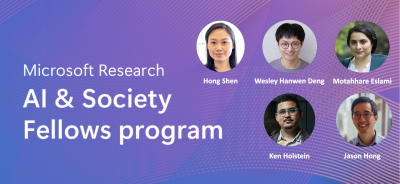
Five Named Microsoft Research AI & Society Fellows
NEWSFive researchers from the Human-Computer Interaction Institute – Hong Shen, Wesley Hanwen Deng, Motahhare Eslami, Ken Holstein, and Jason Hong – have been named 2024 Microsoft Research AI ...
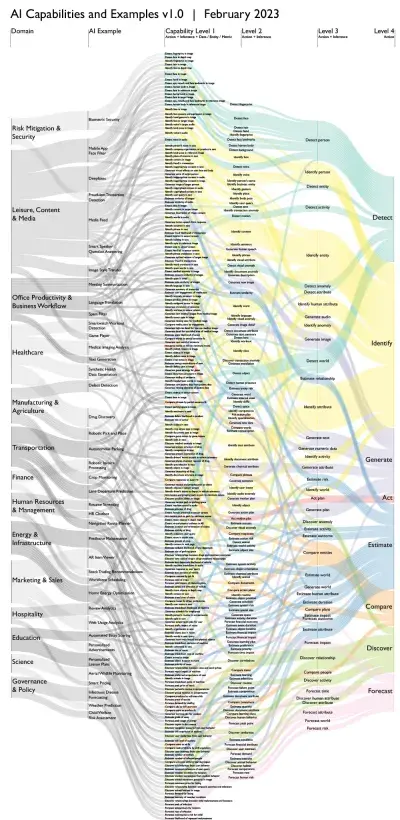
Yildirim Selected as AI Rising Star
NEWSHCI Institute doctoral candidate Nur Yildirim was invited to present a lightning talk at the 2023 AI Symposium at the University of Michigan, which had a theme of “Responsible AI.”...
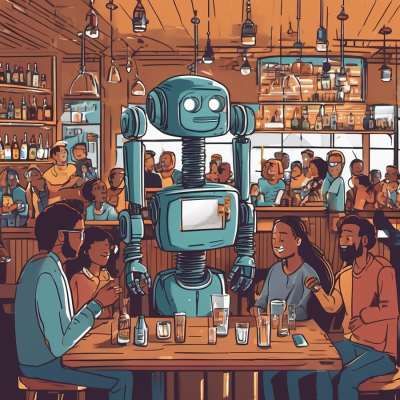
Less Is More: 'Stingy' Bots That Hoard Resources Can Still Boost Human Relationships
NEWSA recent study from Carnegie Mellon University and Cornell University researchers unveiled how artificial intelligence impacts human welfare in social networks. ...
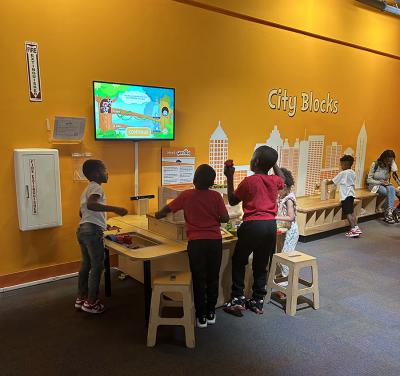
HCII Researchers Receive $3M NSF Grant to Expand AI-Powered Intelligent Science Stations in Schools
NEWSA team of researchers from the Human-Computer Interaction Institute (HCII) in Carnegie Mellon University's School of Computer Science received a $3 million grant from the National Science ...

Forlizzi Briefs Senators on AI in the Workforce
NEWSCarnegie Mellon University School of Computer Science Professor Jodi Forlizzi on Tuesday shared four recommendations with U.S. senators to ensure that innovations in artificial intelligenc...

Eye into AI
PROJECTRecent developments in explainable AI (XAI) aim to improve the transparency of black-box models. However, empirically ...
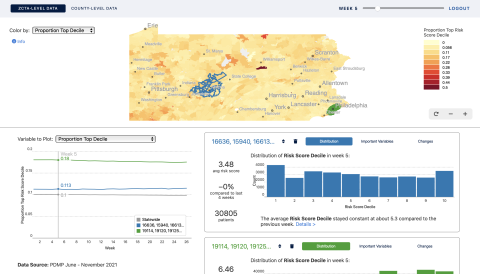
Predicting and Visualizing Overdose Risk for Public Health
PROJECTOverdose due to opioid misuse and abuse is currently a critical public health issue in the United States and worldwide. Machine learning (ML) approaches h...
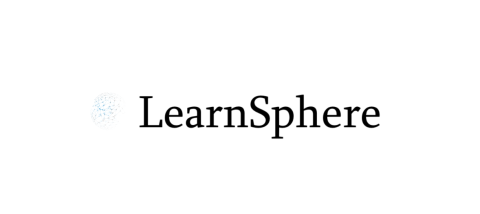
Learning Analytics and Data Sharing
PROJECTLearnSphere is a community data infrastructure to support learning improvement online. It integrates educational data and analysis repositories to offer ...
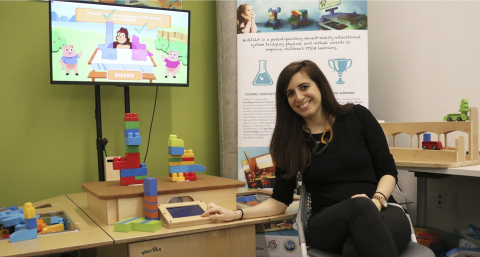
Mixed-Reality For Science Learning
PROJECTNoRILLA is a patented mixed-reality educational system bridging physical and virtual worlds to improve STEM learning. Research at Carnegie Mellon Universi...
Multiplier Effects in Math Education (MEME) Project
PROJECTThe MEME Project’s goal is to produce better educational outcomes by increasing motivation, learning, and self-regulation....

Personalized Learning Squared (PLUS)
PROJECTThe PLUS project is improving the learning outcomes for marginalized students by "squaring" the power of both human and computer tutoring. The PLUS Traini...

